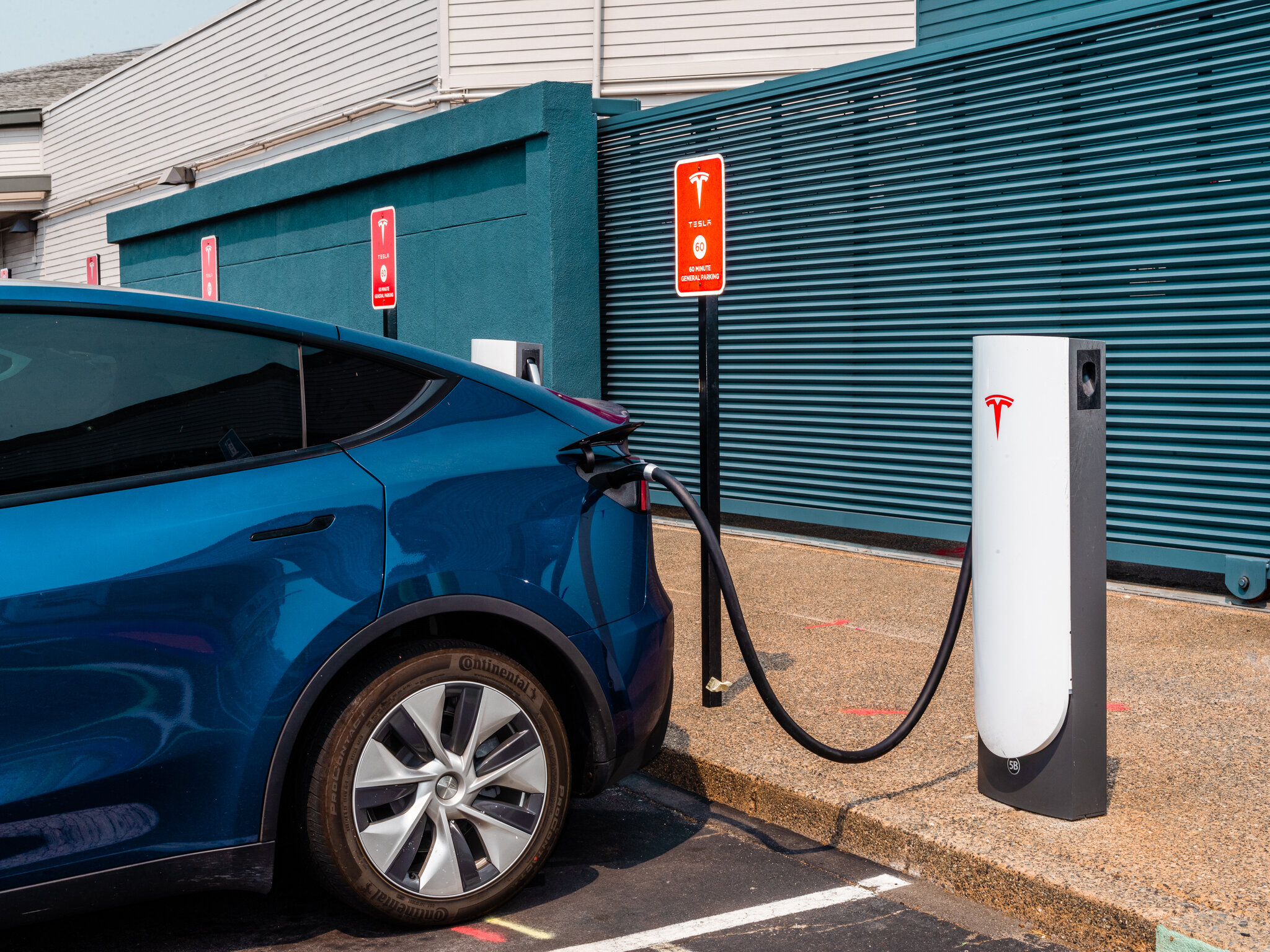In today's rapidly evolving world, the automotive industry is undergoing a significant transformation, driven by technological advancements. One of the key driving forces behind this revolution is automotive electronics. From enhancing safety features to improving vehicle performance and efficiency, automotive electronics play a pivotal role in shaping the future of transportation. In this blog post, we will delve into the multifaceted role of automotive electronics and explore how they are reshaping the automotive landscape.
- Safety and Driver Assistance Systems:
Automotive electronics have revolutionized safety in vehicles. Advanced driver assistance systems (ADAS) utilize a combination of sensors, cameras, and processors to enhance driver awareness and prevent accidents. These systems include features such as adaptive cruise control, lane departure warning, and automatic emergency braking, which significantly reduce the risk of collisions. By constantly monitoring the surroundings and providing real-time feedback, automotive electronics are making driving safer than ever before. - Connectivity and Infotainment:
The integration of automotive electronics with connectivity technologies has transformed vehicles into mobile hubs of information and entertainment. Infotainment systems, powered by automotive electronics, provide occupants with a seamless and personalized experience. From interactive touchscreens and voice recognition to smartphone integration and advanced navigation systems, these technologies enhance the overall driving experience, keeping drivers connected and entertained while on the road. - Powertrain and Efficiency:
Automotive electronics have also revolutionized powertrain systems, leading to improved fuel efficiency and reduced emissions. Electronic control units (ECUs) optimize engine performance by precisely managing fuel injection, ignition timing, and other parameters. Additionally, hybrid and electric vehicles heavily rely on automotive electronics to manage battery systems, regenerative braking, and power distribution. These advancements contribute to a greener and more sustainable future for the automotive industry. - Autonomous Driving:
The future of transportation lies in autonomous vehicles, and automotive electronics are at the forefront of this revolution. Autonomous driving heavily relies on a complex network of sensors, cameras, radar, and lidar systems, all integrated and controlled by automotive electronics. These technologies enable vehicles to perceive their surroundings, make informed decisions, and navigate autonomously. With ongoing advancements in artificial intelligence and machine learning, automotive electronics are paving the way for a future where self-driving cars become a reality.
Conclusion:
As we have explored, automotive electronics are playing a transformative role in the automotive industry. From enhancing safety and connectivity to improving powertrain efficiency and enabling autonomous driving, these technologies are reshaping the way we perceive and interact with vehicles. As the industry continues to evolve, automotive electronics will remain at the forefront, driving innovation and propelling us towards a safer, more efficient, and autonomous future of transportation.

